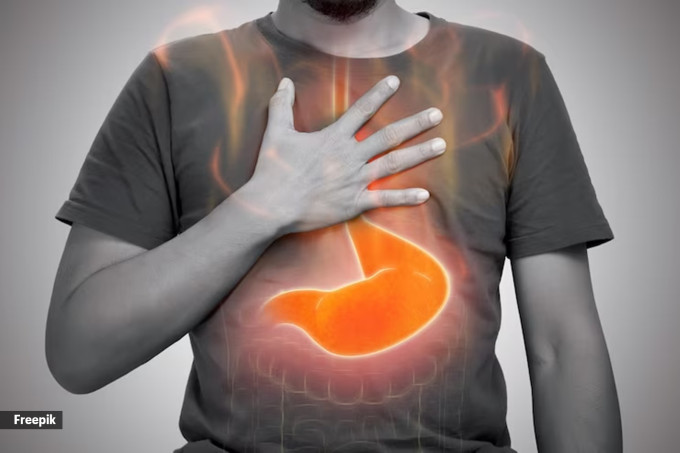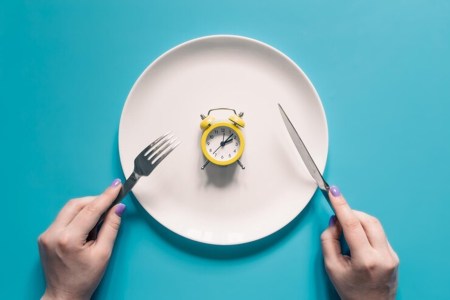Hina Khan opens up about challenges with GERD during Ramadan fasting; here are tips to ease discomfort
In a recent post on Instagram, television actor Hina Khan disclosed to her followers that she suffers from severe gastroesophageal reflux disease (GERD), admitting that the symptoms get worse when fasting during Ramadan. GERD is quite a common problem that affects many but has not been widely discussed yet.
“I have severe Gastroesophageal reflux disease (GERD), and unfortunately it worsens during Ramadan if I continue to fast…mom says ajwa khajoor helps…can u suggest some homemade remedies/nuska’s? (sic)” Hina said in the post.

View this post on Instagram
A post shared by 𝑯𝒊𝒏𝒂 𝑲𝒉𝒂𝒏 (@realhinakhan)
In a conversation with indianexpress.com Kanikka Malhotra, clinical dietician, consultant nutritionist and diabetes educator, informs what GERD is and how to minimise its symptoms to have a stress-free Ramadan.
What is GERD?
Malhotra explains that GERD is a condition that affects digestion. The stomach acid flows back into the esophagus, which can cause discomfort by aggravating symptoms such as acid reflux and heartburn. “During fasting, such as in Ramadan, overeating and consuming specific foods can worsen GERD symptoms,” she says.
Additionally, the changes in eating habits, eating too close to bedtime, lying down immediately after eating, as well as pushing the limited capacity of the stomach by consuming more food than required can worsen the symptoms.
What to avoid
During Ramadan, there are several foods or drinks commonly consumed that can trigger or exacerbate GERD symptoms. Malhotra advises, “It is essential for individuals with GERD to be mindful of their dietary choices to manage their condition effectively.”
She adds that avoiding spicy foods, fatty meats, caffeinated beverages, chocolates as well as fizzy beverages is the key to avoiding acid reflux and chest discomfort.
What to consume
Malhotra says that there are healthy alternatives to choose from. These include alkaline-rich foods such as salads, nuts, melons, and bananas. “Individuals with GERD can help reduce acid reflux, discomfort, and promote better digestive health” by consuming these during Ramadan.
Ensure that you consume food in small portions, space out you meals, and avoid overeating. To prevent bloating and indigestion, you can also add whole grains, beans, and pulses to your diet.
 During Ramadan, there are several foods or drinks commonly consumed that can trigger or exacerbate GERD symptoms (Source: Freepik)
During Ramadan, there are several foods or drinks commonly consumed that can trigger or exacerbate GERD symptoms (Source: Freepik)
Stay hydrated
When fasting during Ramadan, the importance of staying hydrated cannot be overstated. Malhotra says, “Suhoor and Iftar play crucial roles in managing hydration and preventing dehydration throughout the day.”
She adds, “Suhoor, also known as Sehri, is the pre-dawn meal consumed before the fast begins. It provides an opportunity to hydrate the body and replenish fluids after a night of fasting. Including hydrating foods like fruits, vegetables, and fluids like water or herbal teas during Suhoor can help individuals stay hydrated during the fasting hours.”
Iftar, Malhotra explains, is the meal that is eaten to break the fast at sunset. Consuming hydrating foods and drinks will help “rehydrate the body”. She recommends eating water-rich fruits and drinking soups as well as hydrating fluids to prevent dehydration.
Disclaimer: The copyright of this article belongs to the original author. Reposting this article is solely for the purpose of information dissemination and does not constitute any investment advice. If there is any infringement, please contact us immediately. We will make corrections or deletions as necessary. Thank you.





